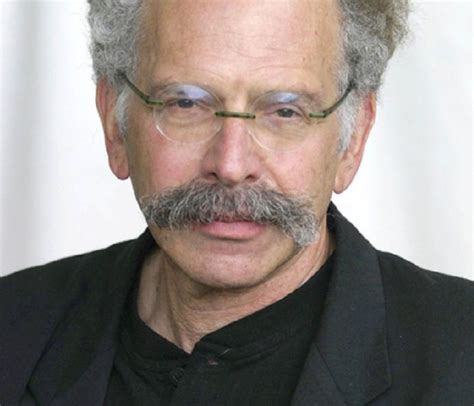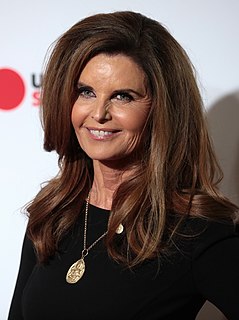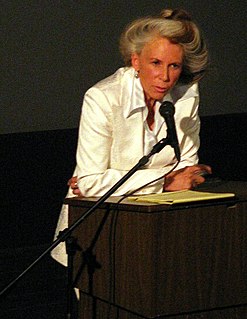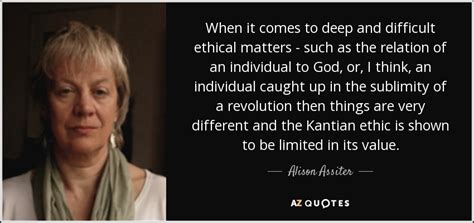A Quote by Ronald Fisher
No practical biologist interested in sexual reproduction would be led to work out the detailed consequences experienced by organisms having three or more sexes; yet what else should he do if he wishes to understand why the sexes are, in fact, always two?
Related Quotes
There's going to be biological differences between the genders. There's going to be biological differences between two women or two men. There's biological differences between all of us. My concern is, why are we so concerned about it? Why are we so worried about it? Why, whenever a study comes out about men do this one way and women do this one way, or men's brains and women's brains - why are we so interested in that? You know, what makes us so fascinated by differences between the sexes? And I think more often than not that interest is deeply embedded in sexism.
To the "masculists" of both sexes, "femininity" implies all that men have built into the female image in the past few centuries: weakness, imbecility, dependence, masochism, unreliability, and a certain "babydoll" sexuality that is actually only a projection of male dreams. To the "feminist" of both sexes, femininity is synonymous with the eternal female principle, connoting strength, integrity, wisdom, justice, dependability, and a psychic power foreign and therefore dangerous to the plodding masculists of both sexes.
It always did bother me that the American public were more interested in me than in my work. And after all there is no sense in it because if it were not for my work they would not be interested in me so why should they not be more interested in my work than in me. That is one of the things one has to worry about in America.
It would be a thousand pities if women wrote like men, or lived like men, or looked like men, for if two sexes are quite inadequate, considering the vastness and variety of the world, how should we manage with one only? Ought not education to bring out and fortify the differences rather than the similarities?







































